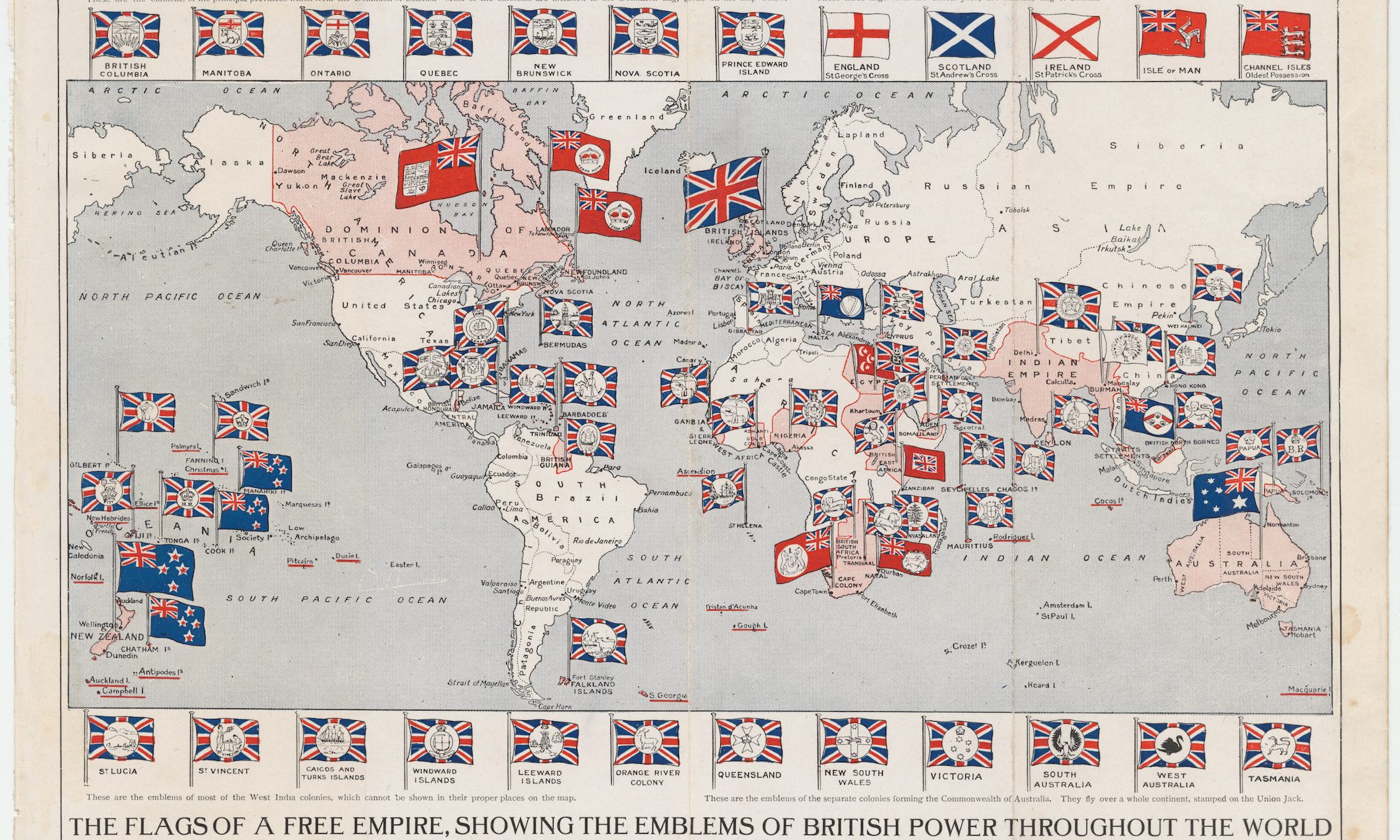I research the intersection of domestic politics, international relations theory, and U.S. foreign policy. The scope of my work extends throughout political science, including American politics and institutions, comparative government, and political science education. Substantively, either on my own or in collaboration with co-authors, I have helped to advance the discipline’s understanding of empire and international hierarchy, resource politics (the “resource curse”), and polarization in the classroom. I carry out this work using methods appropriate to the question, including Bayesian process-tracing, archival research, experimental methods, cross-national data, and synthetic controls.
My research has appeared in
- International Organization
- International Studies Quarterly
- Comparative Political Studies
- Journal of Conflict Resolution
- Security Studies
- International Theory
- Conflict Management and Peace Studies
- Journal of Common Market Studies
- International Studies Review
- Presidential Studies Quarterly
- Foreign Policy Analysis
- Journal of Global Security Studies
- Studies in American Political Development
- American Politics Research
- and the Journal of Political Science Education
My current major research project is a book-length manuscript tracing the development of informal institutions in the United States and their effects on the country’s foreign policy during the Founding period and the nineteenth century. Additional working papers address presidential prerogatives in trade negotiations, the role of a leading state’s domestic politics in hegemonic orders, and the whether tripwire forces affect public support for intervention.
Links
My Google Scholar page
My CV
U.S. Foreign Policy and Domestic Politics
- “International Hegemony Meets Domestic Politics: Why Liberals Can Be Pessimists” 2019. Security Studies.
- “Democracy and Collective Identity in the EU and the USA.” (With Kathleen R. McNamara.) 2019. Journal of Common Market Studies.
- “The Missing Links: Choosing and Rejecting International Issue Linkages in the Presidential Interest.” 2019. Presidential Studies Quarterly.
Public Opinion and U.S. Foreign Policy
- “Backwards from zero: How the U.S. public evaluates the use of zero-day vulnerabilities in cybersecurity.” Contemporary Security Policy. 2023. (With Marcelo Mesquita Leal.)
- “New Questions for an Old Alliance: NATO in Cyberspace and American Public Opinion.” Journal of Global Security Studies. 2022. (With Lindsey Guenther.)
- “Cheerleading in Cyberspace: How the American Public Judges Attribution Claims for Cyberattacks.” (With Marcelo Mesquita Leal.) Foreign Policy Analysis. 2022.
- “Hitting back or holding back in cyberspace: Experimental evidence regarding Americans’ responses to cyberattacks.” (With Marcelo Mesquita Leal.) Conflict Management and Peace Science. 2022.
- “The Meddling American Voter? How Norms, Interests, and Great Power Rivalries Affect U.S. Public Support for Partisan Electoral Interventions Abroad.” (With Dov Levin.) Journal of Conflict Resolution. 2022.
- “Synthetic Experiences: How Popular Culture Matters for Images of International Relations.” (With J. Furman Daniel, III.) International Studies Quarterly. 2017.
- Application of the theory to contemporary American popular culture in The Washington Post‘s Monkey Cage blog
International Hierarchy and Empire
- “Asymmetry, Hierarchy, and the Ecclesiastes Trap.” International Studies Review. 2019.
- “Defending Hierarchy from the Moon to the Indian Ocean: Symbolic Capital and Political Dominance in Early Modern China and the Cold War.” (With Daniel Nexon.) International Organization. 2018.
- Annotated version (part of the Qualitative Data Repository’s ATI project) showing empirical notes
- Applying the theoretical framework to the One Belt One Road/Belt and Road Initiative project in The Diplomat.
- “Beyond Anarchy: Logics of Political Organization, Hierarchy, and International Structure.” (With Meghan McConaughey and Daniel Nexon.) International Theory. 2018. (alternative link)
- “States of Empire: Liberal Ordering and Imperial Relations.” (With Daniel Nexon.) In Liberal World Orders, eds. Tim Dunne, Trine Flockhart, and Marjo Koivisto. Oxford: Oxford University Press, 2013: 211-230. (alternative link)
- “American Liberalism and Imperial Temptations.” (With Daniel Nexon.) In Empire and International Order, ed. Noel Parker. London: Ashgate, 2013: 131-148. (alternative link)
Oil Politics / Resource Curse
- “Oil, Autocratic Survival, and the Gendered Resource Curse: When Inefficient Policy is Politically Expedient.” (With Yu-Ming Liou.) International Studies Quarterly. 2016. (alternative link)
- Application of the theory to early reforms in Saudi Arabia under Mohammed bin Salman in The Washington Post‘s Monkey Cage blog.
- “Refining the Oil Curse: Country-Level Evidence from Exogenous Variations in Resource Income.” (With Yu-Ming Liou.) Comparative Political Studies. 2014. (alternative link)
Political Science Education
- “Sharing the End of the World: Students’ Perceptions of their Self-Efficacy in the Creation of Open Access Digital Learning Objects.” (With Sarah Hutton and Lisa Di Valentino.” In Open Pedagogy as Open Student Projects. 2020.
- “Fair and Balanced? Experimental Evidence on Partisan Bias in Grading.” (With Mark Carl Rom.) 2015. American Politics Research. (alternative link)
- “Political Outcome Bias in Grading: Identifying Problems and Suggesting Solutions.” (With: Mark Carl Rom.) 2014. Journal of Political Science Education. (alternative link)
